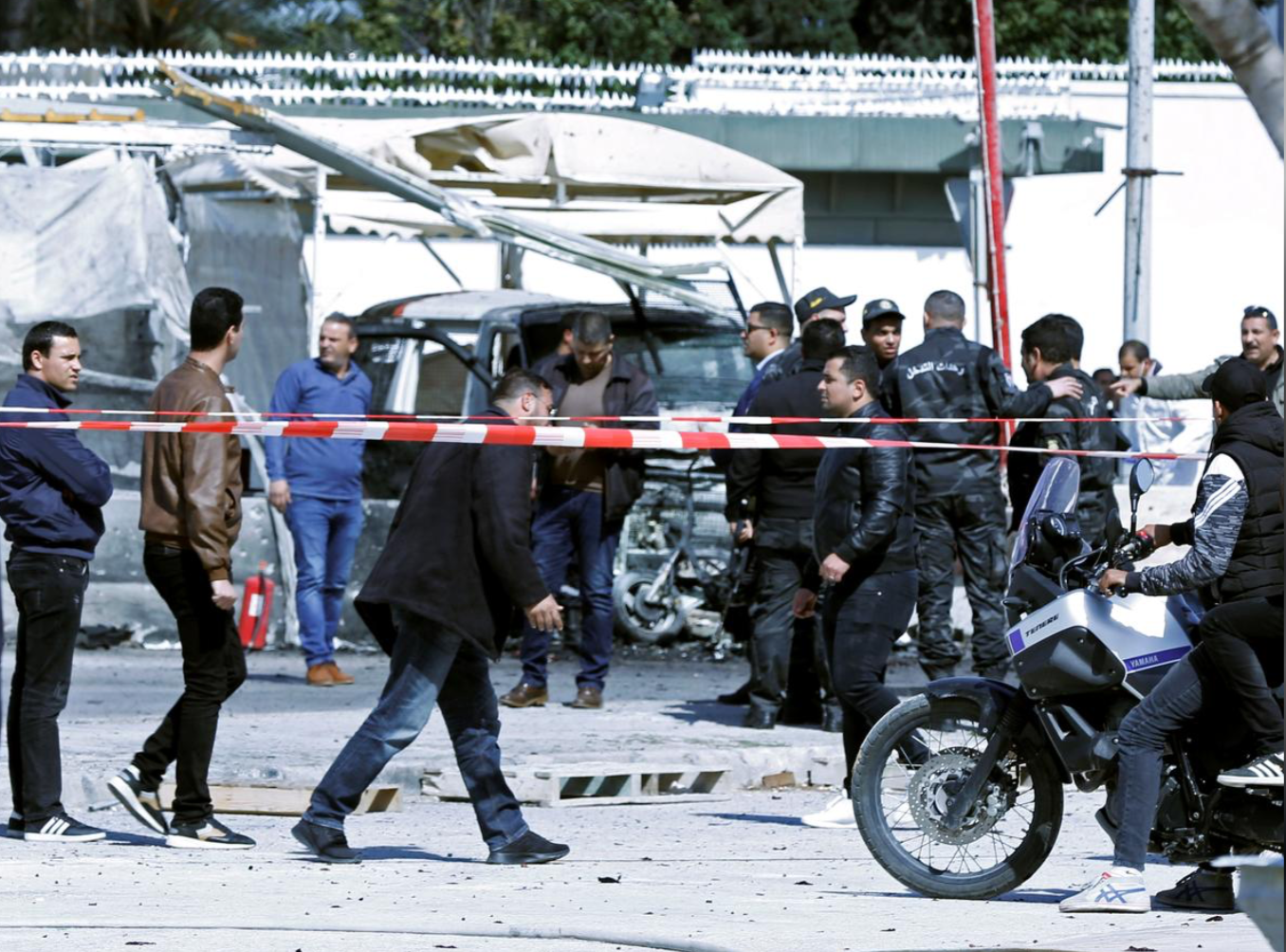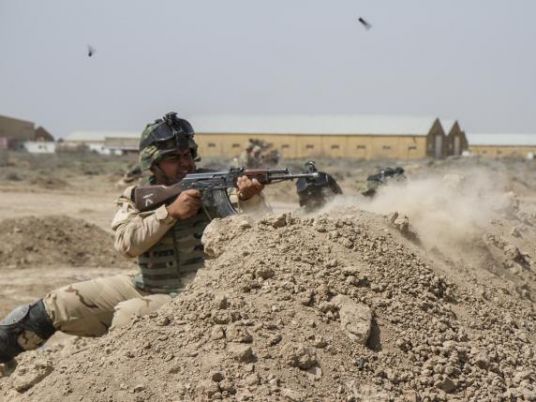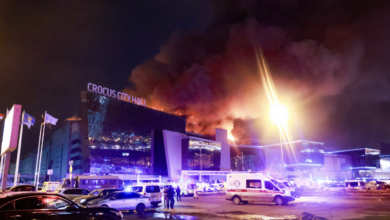
TUNIS (Reuters) — Two militants on a motorbike blew themselves up outside the U.S. Embassy in Tunisia on Friday, killing a policeman and injuring several others in the country’s most serious attack in months.
The explosion took place near the embassy’s main gate, where a Reuters journalist saw a scorched, damaged motorbike and a damaged police vehicle lying amid debris as police gathered around and a helicopter whirled overhead.
The Interior Ministry said two militants were killed carrying out the attack and five police officers were injured, while a civilian suffered minor injuries. State news agency TAP reported that one policeman was killed.
“We heard a very powerful explosion … we saw the remains of the terrorist lying on the ground after he went on the motorbike toward the police,” said Amira, a shopkeeper.
Sirens could be heard on the major highway linking the Lac district, where the embassy is located, with Tunis and suburbs in the north. The U.S. Embassy in a tweet urged people to avoid the area.
Roads around security installations were closed in some parts of the capital and some international institutions were put on lockdown or evacuated.
Photographs of the blast site posted on social media showed debris strewn around the area of a security checkpoint that controls access to the embassy, and damaged vehicles.
Last summer, Islamic State said it was behind militant blasts that struck the capital over the course of a week, including one near the French Embassy that killed a policeman.
Tunisia’s critical tourism sector is highly vulnerable to militant incidents and was devastated after two attacks in 2015 which killed scores of visitors at a beach resort and a museum.
Diplomats who have worked with Tunisia on its security capacity say it has grown more effective in preventing and responding to militant attacks in recent years.
An al Qaeda group has been sheltering for years in the desolate, hilly terrain along a stretch of the border with Algeria and sometimes clashes with security forces there, but is regarded as having been closely contained.
Hundreds of Tunisians have also traveled to Iraq, Syria or Libya in recent years to join Islamic State, and in 2016 members of the group rampaged across the border with Libya and fought the army in a border town, but were repulsed.
“The attack indicates that the security challenge remains a major challenge in Tunisia,” local security analyst Ali Zarmedini said.
Reporting By Tarek Amara; Writing by Angus McDowall; Editing by Janet Lawrence, William Maclean
Image: People gather at the site of a suicide attack near the U.S. embassy in Tunis, Tunisia, on March 6, 2020 (REUTERS/Zoubeir Souissi)




